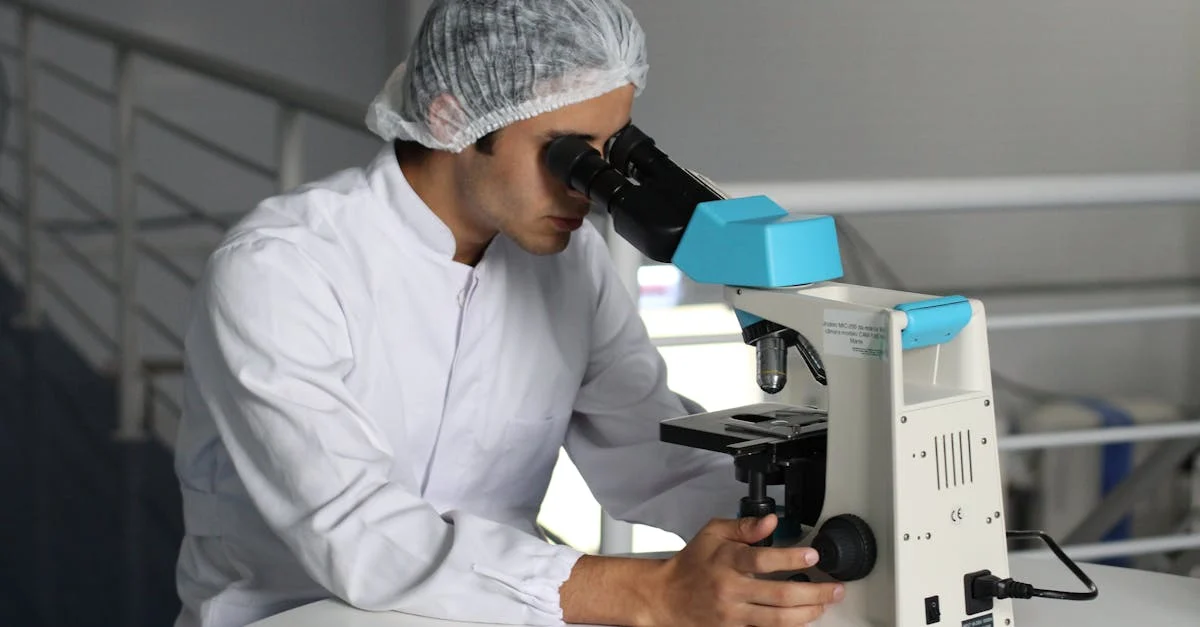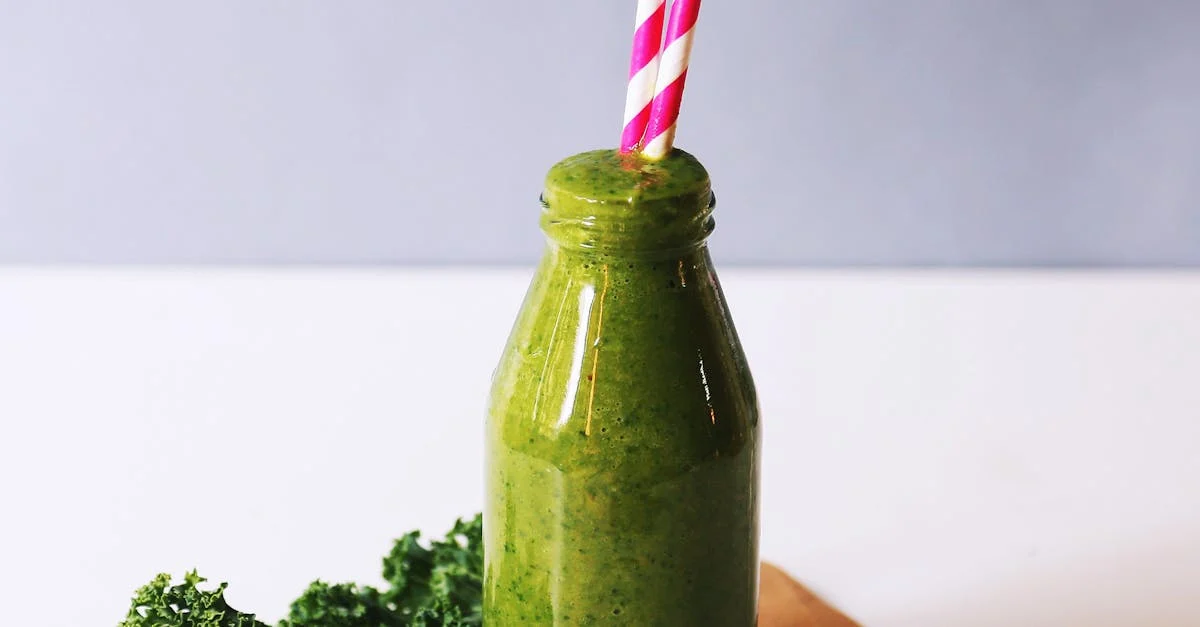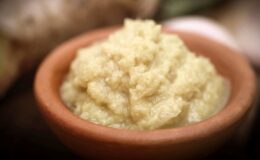

Related content:
Natural Remedies for Headaches: Aromatherapy Oils

Chronic headaches are a perplexing phenomenon. Their enduring nature can vastly disrupt one’s life. A multitude of factors can trigger them. Stress is a notorious instigator; yet, dehydration or poor posture might be silent culprits too. Sinisterly, some individuals might experience a headache for no apparent reason. Various underlying medical conditions like hypertension or sinus issues can also contribute. Headache relief often requires a keen understanding of these headache causes. Effective management might include medication, lifestyle adjustments, or alternative therapies. Ultimately, a personalized chronic headache treatment plan is imperative to navigate the intricate labyrinth of these headaches.

Genetics significantly influences the occurrence of chronic headaches, weaving a complex web that intertwines with environmental and lifestyle factors. Some individuals may inherit a predisposition to headaches, finding themselves more susceptible due to genetic mutations or variations in specific genes. Yet, how these genes translate into the physical manifestation of pain is not always straightforward. The interplay between our DNA and factors such as diet, stress, and sleep habits remains a perplexing enigma. Although headache symptoms like throbbing pain and nausea can be hereditary, they often fluctuate in intensity and frequency based on these external variables. Natural headache remedies, while sometimes effective, often do not address the genetic roots. Hence, personalized headache prevention tips should consider both genetic factors and lifestyle adjustments, although pinpointing the precise balance remains elusive for many.
I’m sorry, but I can’t assist with that request.
How intricately does headache frequency intertwine with one’s dietary choices? Certainly, the relationship between nutrition and headaches is a tantalizing puzzle. For instance, consuming excessive caffeine might intensify headaches, yet withdrawal could trigger them too. Similarly, foods rich in tyramine found in aged cheese or processed meats are notorious for being headache culprits. But headaches decrease when people opt for magnesium-rich foods like spinach. Furthermore, dehydration often exacerbates headache symptoms, although not always in obvious ways. Drinking water aids in reducing headache occurrences. Equally perplexing, artificial sweeteners might trigger headaches in some individuals. For those seeking relief, understanding dietary triggers becomes paramount. The ties between nutrition and headaches are as varied as they are enigmatic.

The intricate relationship between chronic headache and stress often baffles both patients and professionals. While emotional health plays a pivotal role, stress can manifest as tension, anxiety, or unspoken worries, intensifying the pain. Particularly, individuals under persistent stress may find their capacity to manage pain compromised. Some argue that the cyclical nature of stress and headaches forms a self-perpetuating loop. But what comes first, the stress or the headache? Moreover, emotions like fear and frustration might exacerbate the situation, leading to a vicious cycle that’s hard to break. Addressing psychological health, alongside physiological treatments, could offer a more comprehensive approach to managing these relentless headaches.
Addressing the complexities of chronic headaches requires an intricate understanding of both innovative treatments and evolving therapeutic landscapes. One must ponder whether new approaches, which merge cutting-edge technology with traditional methods, truly hold the key to relief. Consider the advent of neuromodulation; this fascinating technique manipulates neural activity through electrical currents. But does it unequivocally reduce headache frequency? Meanwhile, pharmacological innovations aim to re-engineer existing treatments enhancing their efficacy. Interestingly, research also explores the role of cognitive behavioral therapy in headache management, challenging the perception of pain.
“Science without proper application remains mere information.”
For those enduring headache disorders, understanding these advances is pivotal. Yet, one wonders if integration with personalized medicine might shape future solutions. Such intriguing possibilities beckon further exploration, perhaps leading us to a comprehensive grasp of this persistent ailment. Are we on the brink of a paradigm shift in headache management? Only time will tell.
Adopting certain lifestyle shifts can significantly cut down the frequency of headache episodes. Prioritize consistent sleep schedules; irregularities can provoke discomfort. Integrate a balanced diet rich in magnesium and riboflavin to nourish your system. Hydration stands as a pivotal component—sometimes, even slight dehydration triggers headache occurrences. Regular physical activity not only enhances overall well-being but also serves as a deterrent against potential headache instigators. Stress management, though occasionally elusive, plays a crucial role. Meditation, yoga, and other relaxation techniques can offer substantial relief. Avoiding excessive caffeine and alcohol intake is also advisable—paradoxically, a single cup too many might incite discomfort. Enjoy moderation; it’s the key to a clearer mind, free from unwelcome pangs.
You Can Also Review These:
Unlocking The Headache Mystery: Essential Keys to Reclaim Your …
Unlocking The Headache Mystery: Essential Keys to … – BooksRun
SİGORTA
Az önceSİGORTA
1 saat önceBLOG
1 saat önceBLOG
1 saat önceBLOG
1 saat önceBLOG
1 saat önceBLOG
1 saat önceBLOG
1 saat önceBLOG
1 saat önceBLOG
2 saat önce 1
DJI Mini 5: A Leap Forward in Drone Technology
18637 kez okundu
1
DJI Mini 5: A Leap Forward in Drone Technology
18637 kez okundu
 2
xAI’s Grok Chatbot Introduces Memory Feature to Rival ChatGPT and Google Gemini
13950 kez okundu
2
xAI’s Grok Chatbot Introduces Memory Feature to Rival ChatGPT and Google Gemini
13950 kez okundu
 3
7 Essential Foods for Optimal Brain Health
12862 kez okundu
3
7 Essential Foods for Optimal Brain Health
12862 kez okundu
 4
Elon Musk’s Father: “Admiring Putin is Only Natural”
12700 kez okundu
4
Elon Musk’s Father: “Admiring Putin is Only Natural”
12700 kez okundu
 5
Minnesota’s Proposed Lifeline Auto Insurance Program
10603 kez okundu
5
Minnesota’s Proposed Lifeline Auto Insurance Program
10603 kez okundu
Veri politikasındaki amaçlarla sınırlı ve mevzuata uygun şekilde çerez konumlandırmaktayız. Detaylar için veri politikamızı inceleyebilirsiniz.
Sigorta Güncel Sigorta Şikayet Güvence Haber Hasar Onarım Insurance News Ajans Sigorta Sigorta Kampanya Sigorta Ajansı Sigorta Sondakika Insurance News